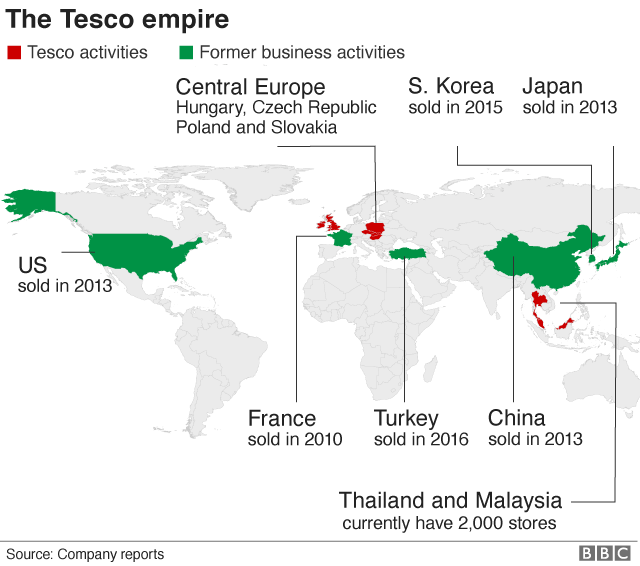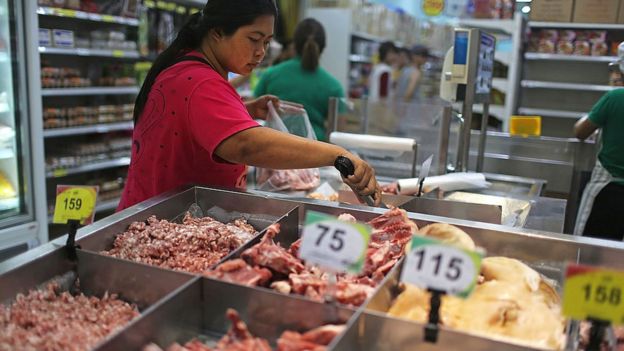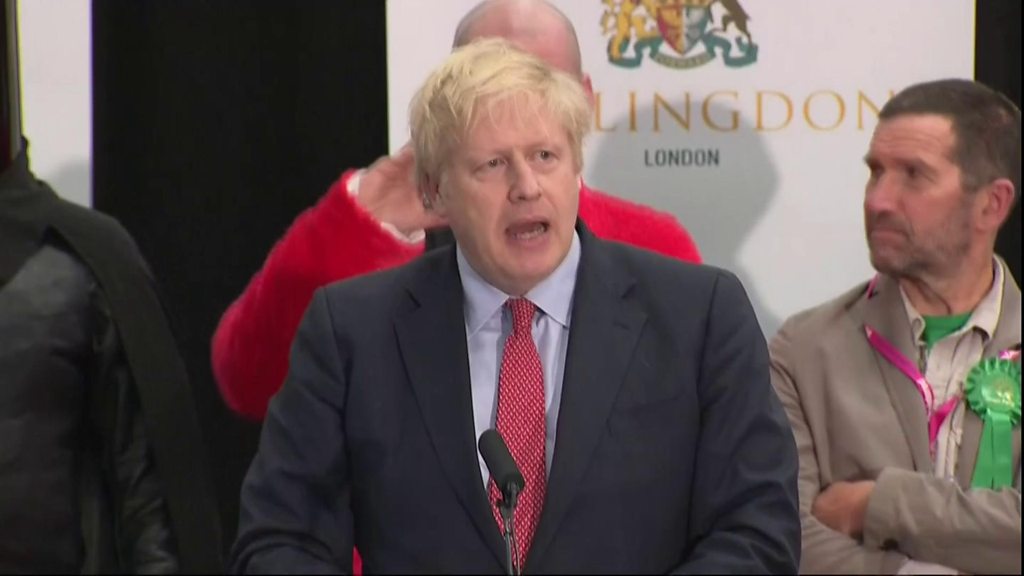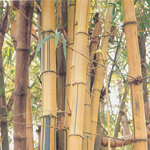Tesco considers sale of Thai and Malaysian operations
The UK’s biggest retailer, Tesco, is considering a retreat from markets in Asia with the sale of its profitable operations in Thailand and Malaysia.
Analysts say the 2,000 stores, which operate under the Tesco Lotus brand, could be worth more than £7bn.
Tesco’s only other overseas stores are in Ireland and in central Europe, including Poland and Hungary.
The company said it was reviewing its Thai and much smaller Malaysian arms after interest from potential bidders.
In a statement, the retailer said it had had received “inbound interest”, but did not name the potential buyer or buyers. Tesco Lotus employs about 60,000 people.
The statement also said the review was at an early stage, and “no decisions concerning the future of Tesco Thailand or Malaysia have been taken”.
‘Trophy asset’
The Asian operation, which had combined revenues of £4.9bn, was a “trophy asset” and likely to achieve a knock-out price, said Clive Black, an analyst at Shore Capital.
A valuation of £6.5bn to £7.2bn seemed “fair”, according to Bruno Monteyne, analyst at Bernstein.

Laura Lambie, senior investment director at Investec Wealth and Investment, told the BBC’s Today programme that Thailand was an important market for Tesco.
While Tesco had already withdrawn from “more mature markets” such as the US, Japan and Turkey, it had recently announced plans to open another 750 stores in Thailand, she said.
Margins in Thailand were also higher, at 6%, compared with 3% for the UK, she added. “There will have to be a fairly high asking price for Tesco to be prepared to let it go.”
- Tesco boss Dave Lewis in shock departure
- Tesco chain Jack’s takes on Aldi and Lidl
- Tesco to cut 4,500 jobs across 153 Metro stores
The announcement signals another potential pullback by Tesco from its once-ambitious global expansion.
If a sale does go ahead it would mean the company would be left with stores in the UK and Ireland, and its division in central Europe. That unit covers the Czech Republic, Hungary, Poland and Slovakia.
Shrinking empire
Tesco has been shifting its focus as part of a turnaround programme launched five years ago.
The plan was in response to an accounting scandal, and in the face of competition from rival supermarket chains and online competitors.

The retail giant has shed several businesses across the world in recent years.
Tesco has withdrawn from the US, Japan, and China.
In 2015, it sold its South Korean unit for $6.1bn, and a year later offloaded its Kipa business in Turkey, the country’s largest supermarket chain.
It has also been shedding assets in the UK to focus on its core grocery business. In 2016, it sold the Giraffe restaurant chain just three years after buying it for £49m.
In October this year, Tesco chief executive Dave Lewis surprised investors by saying he would stand down “in the summer of 2020”.
He took over the top job at the company in 2014, shortly before it was revealed that the retailer had overstated its profits.






